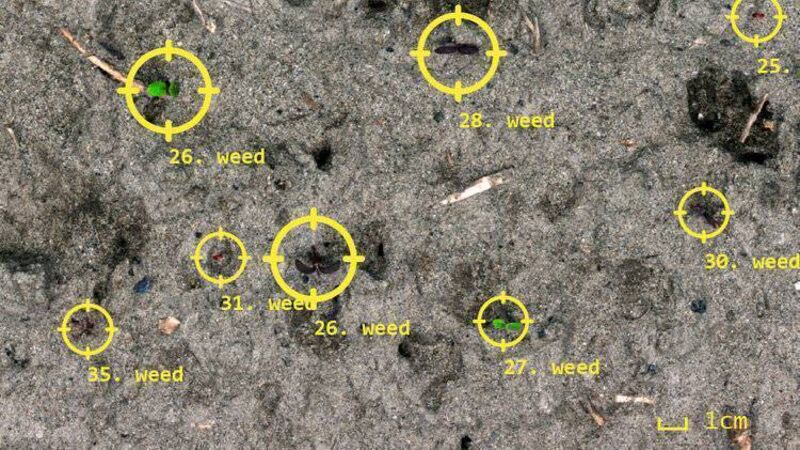The $1m laser weeder that can pay for itself within three years

The LaserWeeder uses machine learning to identify invasive weeds among crops in milliseconds.
The LaserWeeder machine has captured the imagination of American farmers, and it has won one of this year's prestigious Artificial Intelligence Breakthrough Awards, which recognise emerging AI companies, technologies, products and services around the world.
Crop growers relish using the LaserWeeder's space-age technology to zap the hated weeds, which would otherwise be treated with herbicides, mechanically removed, or pulled by manual labourers.













